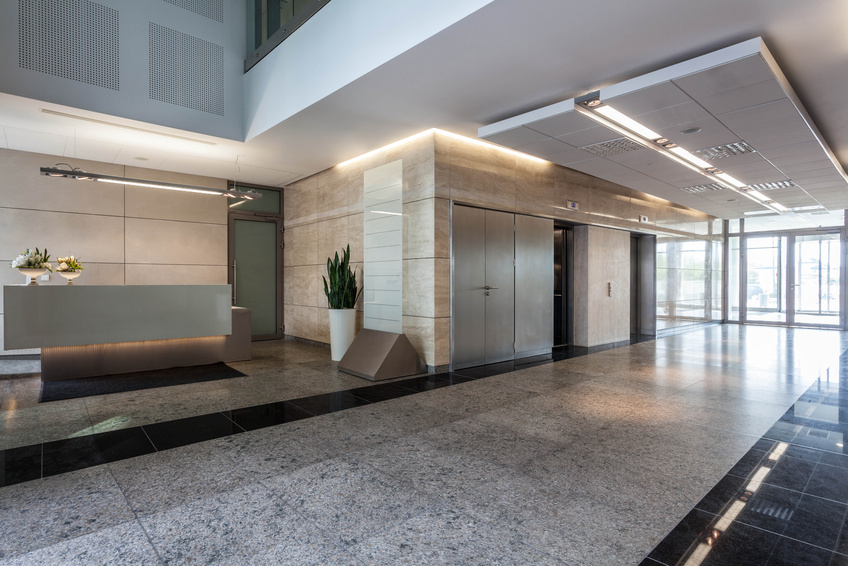It has a direct impact on your finances and a significant influence on your employees’ morale and productivity. This is especially true for startup companies who, more often than not, have limited cash and need to retain their best talent.
The perfect office doesn’t mean the most expensive or state-of-the-art. It simply means the space is within your budget and is equipped with the facilities you need to operate efficiently.
In this 2-part series, I will share some insights on how to find the perfect office based on my experience in setting up my own company, Wright International School of English, an online English tutoring service.

First things first: before looking for an actual building or space, decide on a general area or location most suitable for your business. It can be a central business district, a residential area, or anything in between.
Here are the things you need to consider in scouting for a good location.
1. Demographics
Determine who your target market is and their culture.
– Are they present in the area you wish to locate to?
– Does the community match your customer profile?
– Does the community have a stable economic base?
On the other hand, consider workforce availability.
– Is there ample supply of skilled workers you can potentially employ?
– Is the area accessible by public transport?
– Will your employees find affordable, livable housing?
– Are the resources they need readily available?
– Are the resources you need readily available?
2. Traffic
Determine the volume of foot traffic that the area gets. Are there enough people going to it or passing by? This is especially important if you are in retail.
3. Accessibility and Parking
Determine proximity to shopping malls, hospitals, schools frequented by your customers and employees alike.
Determine the congestion of the area, which when high, discourages customers from visiting.
Consider available parking for employees, customers and even deliveries.
4. Nearby Businesses and Competition
Having your competition nearby can be both helpful or detrimental to your business.
It’s good because you can get a share of the pie. It also allows you to outdo your competitors and stand out because customers will get to compare you side by side.
On the other hand, you are better off staying away if your direct competitors are huge and established. However, if you see yourself being a viable substitute or a complement to nearby businesses, the area may be worth a try. An example of this is if you’re a dessert store among coffee shops or restaurants.
5. Structure and Image of Location

Consider the actual structure.
– Is it a new or old building?
– What is its capacity? Consider this not just in terms of seats but also the common areas and spaces for creative thinking.
– Is the basic infrastructure in place for you to operate efficiently? Consider power, backup power, water, telephone and internet connection.
Consider the image of the location according to your target market and employees. Would they be pleased to be associated with transacting in or working in such an area?
Find out the previous occupant and inquire how long they stayed and more importantly why they left.
Consider your budget. All things considered, is the structure and location worth the asking price?
6. Local Laws
Consider economic policies of local government units, especially for any prohibitions that might prevent your type of business from operating, for moral or public health reasons. For example, certain types of businesses need to be a certain distance from schools or churches. There are also zoning ordinances that cluster certain types of businesses in a specific area. Then there are liquor and smoking bans, local business tax policies. The list goes on.
7. Export Processing and Free Trade Zones
Determine whether your business can avail of special incentives that are available for certain industries. These include tax incentives and tax-free imports.
Now that you’ve got the basics of finding a good location, in my next post, I will talk about leased space legalese.
